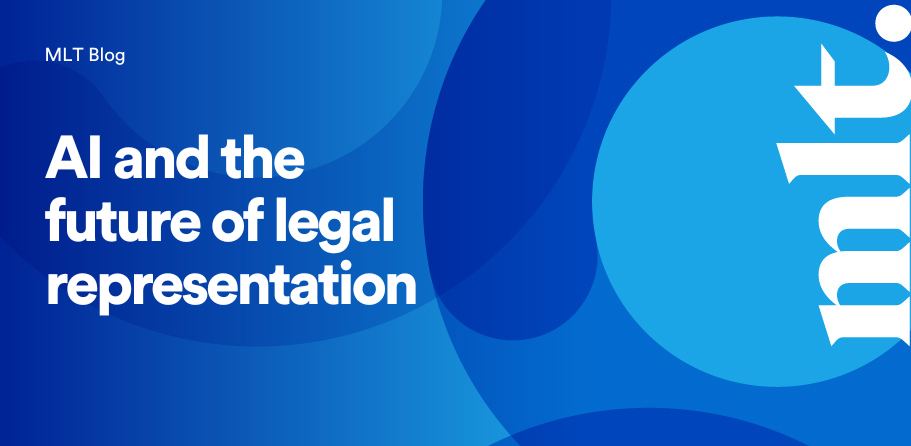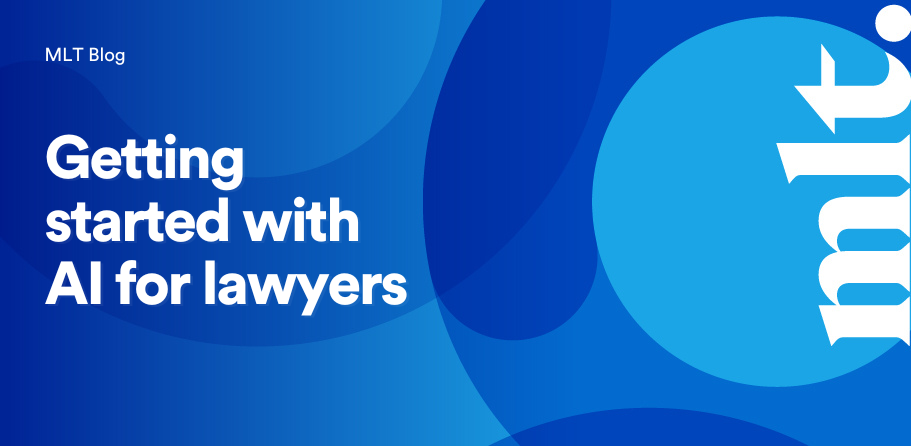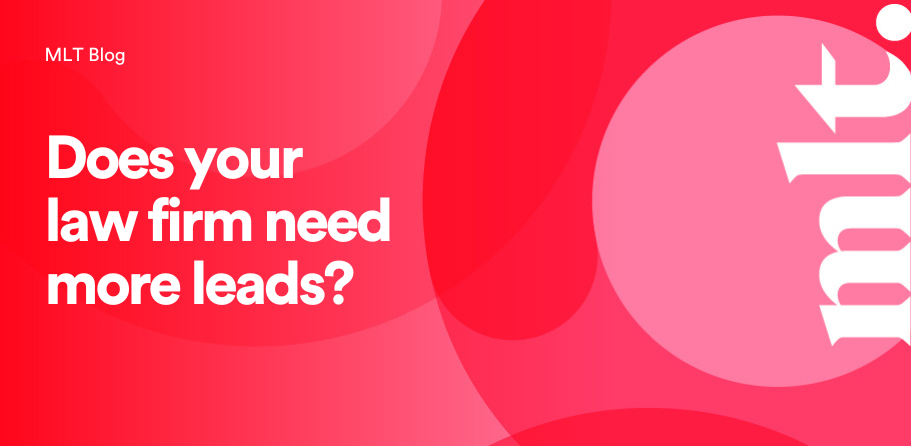
At the turn of the year, all the chat (excuse the pun – if it even is one) was about ChatGPT: the viral AI chatbot developed by OpenAI.
If you’ve not tried it by now then you might not get the chance (certainly without paying for it) as every time I’ve tried to use it recently, it has been ‘at capacity’.
Unsurprisingly, given some of the initial investors, developing a significant income stream from the technology is becoming a priority – if only to cover the mighty infrastructure expenses incurred to deliver the service (every request results in a few cents of cost apparently).
The internet has been awash with memes, discussion, and conjecture regarding what this ‘next phase’ of the web is going to bring. Are we all about to be replaced? Would ChatGPT make a better husband than me? Probably.
Many millions of people have already used its generative powers to write essays, blog posts, landing pages, computer code, poems, and copy for facebook ads. We are definitely on the cusp of something life-changing but initial forays would suggest that there is still a fair way to go.
I suppose the question on many lawyer’s lips might be:
“Am I going to be replaced by a computer?”

(Produced by Dall-E, an AI image creator, visualising artificial intelligence in the courtroom)
I can’t pretend to be an expert on AI, or a futurist in any way (although for a long time I was actually doing the stuff Richard Susskind was predicting and suffering for being at the bleeding edge of legal technology progression), but have always been of the belief (reinforced by an interest in open source technology) that you should pay for the appropriate skill at the appropriate time. This is an issue that has dogged the legal profession where many are of the view that, in certain circumstances, lawyers are getting paid good money for old rope.
In some cases, the truth of the matter is that the law firms themselves have not deployed the technology that would allow them to take advantage of automatic data integration and pre-population. This is amazing, given that this exact technology is available to law firms as a key aspect of almost every case management system on the market.
Those that have progressed have been able to deploy the technology whilst at the same time, charging for the documentation as it was being drafted from scratch, by a human, and therefore able to maximise profit per piece of work.
Is this going to come to an end?
Is AI finding its space in the legal sector?
DoNotPay is a bot that describes itself as ‘the world’s first robot lawyer’. The latest iteration of the software involves a bot which can help negotiate bills and cancel subscriptions without having to go through the time-consuming pain of customer service. It will be interesting when this results in ‘bot facing off bot’ in the not too distant future.

(donotpay.com homepage 2023)
Of more interest to the general lawyer perhaps, is the news that DoNotPay had planned to take on two speeding tickets in court in February, with the Artificial Intelligence telling the defendants, via Apple AirPods, how to respond to the judges.
Joshua Browder, the founder of DoNotPay, hoped this ‘experiment’ would help to relax courtroom rules against the use of AI in court so that those on low income can access equivalent representation to those with more means. (As a side note, it’s probably worth noting that Andreesen Horowitz is an investor in both DoNotPay and ChatGPT).
In the last week, however, Browder announced that DoNotPay will not be moving forward with their initial plans following threats from multiple state bar associations. Browder has since pivoted away from using the AI-powered bot for traffic violation assistance in the courtroom, and is said to now be focusing on using the ‘robot lawyer’ to help people with issues such as expensive medical bills and credit reporting agencies.
So, in 2023 Artificial Intelligence very nearly entered our courts. Did Nostradamus predict that too? Did our very own legal futurologist Richard Susskind?
Our friends at Legal Futures reported on the Sir Henry Brooke lecture 2020 “The Future of Courts” given by Professor Susskind and wrote that Susskind indicated there is the possibility that ‘these predictive systems provide (sic) binding determinations’ in the future. He appears, or appeared, to be coming at it more from the judgement angle.
To go back to DoNotPay – how long do you think it will be before Bot Lawyer battles with Bot Judge?
One further item to consider is to what extent AI can become ‘persuasive’? A number of years ago I was fortunate enough to interview the late Lord Rodger of Earlsferry on his career. Amongst a number of highly enlightening, interesting tales from his time at the bench, Lord Rodger described one very well known Barrister as ‘always having the ear of the court’.
Keep up to date with the latest trends and market changes in the legal marketing sector
For regular updates on what’s happening in the legal sector, you can follow us on LinkedIn, Instagram, or Facebook. Alternatively, get in touch with our team today for a free consultation on how you can enhance your law firm’s online marketing in 2023.

